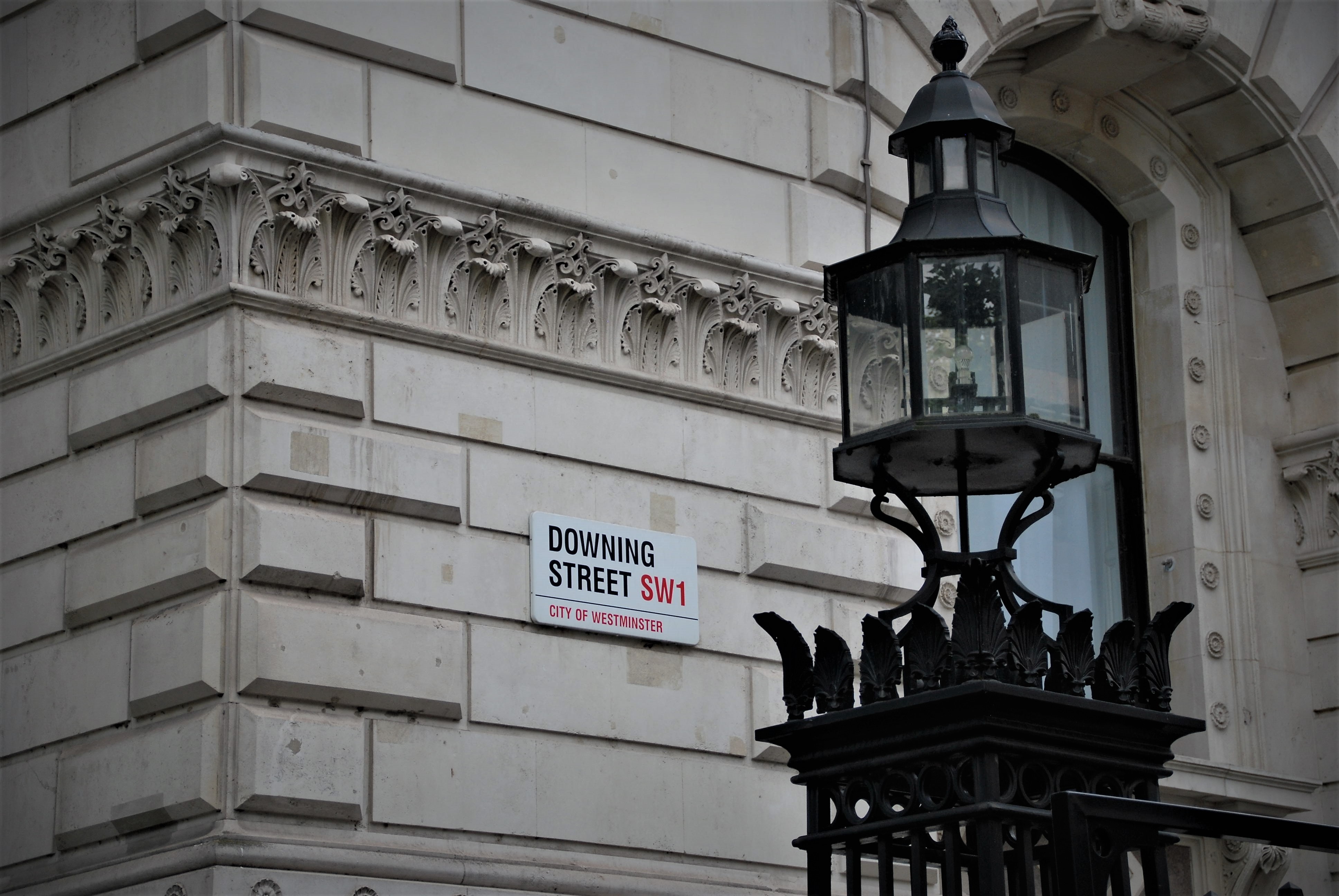

In a pivotal moment, the Rwanda migration bill secured a victory in the House of Commons, passing with a majority of 44 votes. Yet, internal dissent within the Conservative Party looms as some right-wing members abstain, signalling potential trouble for future stages.
This bill, a centrepiece of Sunak’s strategy on asylum seekers, aims to designate Rwanda as a safe country for deportations. With 313 votes in favour and 269 against, the legislative victory relieves Sunak, but challenges persist.
Despite no outright rejections, over two dozen right-wing rebels abstained, citing concerns that the bill lacks the strength to prevent legal challenges. Sunak’s attempts to persuade Tory MPs included a pre-dawn breakfast meeting at No 10 Downing Street, but factions pressed for amendments.
The European Research Group (ERG), New Conservatives, Common Sense Group, Conservative Growth Group, and Northern Research Group – collectively known as the “five families” on the right – expressed dissatisfaction. While most abstained, they emphasised the need for amendments, hinting at potential rejection if concerns persist.
Mark Francois, ERG chair, indicated the bill lacks firmness in ensuring successful deportations to Rwanda. Rebels await the government’s response to proposed amendments, reserving the right to vote against the bill in subsequent stages.
The Centrist One Nation group, comprising over 100 Tory MPs, cautiously supported the bill but warned against amendments breaching international law. The delicate balance within the Conservative Party adds complexity to Sunak’s task, requiring strategic navigation.
The bill overcomes legal challenges from the Supreme Court, deeming the previous migration scheme unlawful. It grants ministers authority to disregard temporary injunctions from the European Court of Human Rights, streamlining deportations. However, it maintains provisions for appeals based on specific circumstances.
Sunak faces the challenge of maintaining party unity as the bill advances while addressing concerns of the rebellious right-wing faction. The outcome of the next Commons vote, known as the third reading, remains uncertain, as rebels hold potential to influence the bill’s fate.
The contentious nature of the Rwanda migration bill exposes fault lines within the Conservative Party. Its success is pivotal for Sunak, aiming to implement the legislation in early 2024, addressing asylum-related issues before a potential general election.
Despite internal strife, Downing Street found solace as no Conservative MP voted against the bill. However, the actual test lies ahead as the government balances the demands of right-wing rebels and the One Nation group.
The Labour Party and other opposition parties voted against the bill. Labour leader Sir Keir Starmer criticised the government’s handling, citing significant taxpayer expenditure on a scheme he deemed a “failed exercise in Conservative party management.”
As the legislative journey continues, the spotlight remains on Sunak’s leadership and ability to navigate his party’s complexities. The Rwanda migration bill, while achieving an initial victory, is far from reaching its conclusion.
The Prime Minister’s commitment to “tightening” the legislation may hold the key to securing broader support, but it also opens the door to potential challenges from the centrist faction.
As Westminster braces for further debates, the intricacies of internal party dynamics and broader implications will shape the trajectory of this critical policy initiative. Sunak’s resilience will be tested as he strives to transform the Rwanda migration bill into law with the backing of his party.
